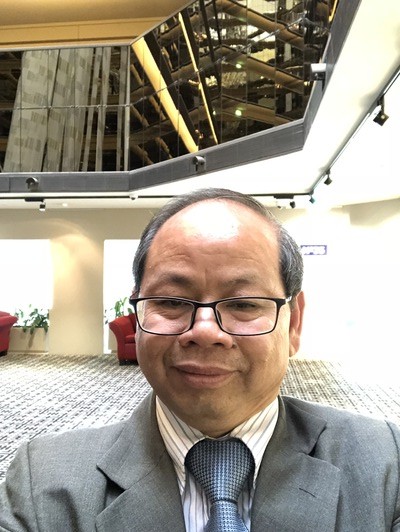By Thay Horn Yim, immigration service director
Immigration matters are very complex, even for a partner visa application.
I have never seen anything like this in my experience working in public and private sectors in the migration field for more than 25 years.
I’ve volunteered for the Refugee and Immigration Legal Centre (RILC) for more than 10 years.
The City of Greater Dandenong is among the very few council areas that have the highest NESBs (Non-English Speaking Background) in Australia and speak 120 languages other than English.
Most residents are settled and become Australian citizens.
Many have become involved in loving relationships from their similar ethnic backgrounds.
The Australian Government has made regulations and policies administered by the Department of Immigration and Border Protection (DIBP) harder and harder for sponsors to get their loved ones a visa to live in Australia.
The partner application fee is exorbitant, in excess of $7000 (paying to DIBP alone).
The processing time is much longer: for onshore (first-stage) up to 21 months and for its second stage, up to 35 months.
That is an awful long time for love!
Many may know there is a dramatic increase of refusals for its second stage due to the accessibility available through social media where the department can easily check.
Earlier this month at the Migration Institute of Australia (MIA) National Conference, Assistant Minister for DIBP Alex Hawke, and his senior department assistant secretary Damien Kilner from Canberra announced that from 18 November 2017 there is a mandatory e-lodgement for partner applications.
Secondly, all partner applications must be lodged with full supporting documents, or be subject to refusal without further request.
Thirdly, fraudulent documents/identities, and faulty statements of claims including family composition and life story events have an extended backdate from one year to 10 years.
These fraudulent documents are assessed regardless of who submitted it, either by individuals or friends.
The applicants for visa or citizenship will be responsible for any mistake and attract a heavy penalty.
For example, their first stage partner visa could be refused and barred from being lodged again for a certain period of time.
When applying for the second stage of visa application, the first stage visa could be refused or cancelled.
Even after getting a permanent resident visa, you then apply to become Australian citizen.
Your citizenship application could be refused or/and your permanent resident visa could be cancelled.
What does all this mean, especially for those who are illiterate in English and/or unable to use a computer?
While the government’s intention is to make it easy and user-friendly, it is a minefield for those partner applications to be able to lodge them online successfully without getting immigration assistance from a registered migration agent (RMA).
People who are thinking about lodging partner applications are wise to seek immigration advice from an RMA before lodging.
My clients come from various backgrounds and countries, ranging from a peasant who could not write a word to a church minister with a PhD who used to help his own church followers.
Please note that it is illegal for unregistered agents/workers to provide immigration assistance in Australia.







